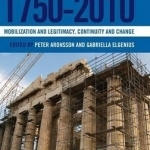
National Museums and Nation-Building in Europe 1750-2010: Mobilization and Legitimacy, Continuity and Change
Peter Aronsson and Gabriella Elgenius
Book
Europe's national museums have since their creation been at the centre of on-going nation making...
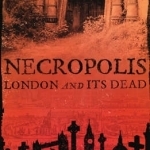
Necropolis: London and its Dead
Book
From Roman burial rites to the horrors of the plague, from the founding of the great Victorian...
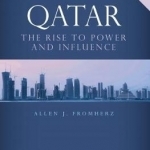
Qatar: The Rise to Power and Influence
Book
Qatar plays a crucial part in the Middle East today. With the second greatest natural gas resources...

Rainbow Warriors
Book
Following the lives of the three ships with the name Rainbow Warrior, this book, written by a...
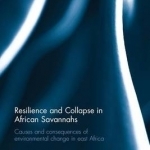
Resilience and Collapse in African Savannahs: Causes and Consequences of Environmental Change in East Africa
Michael Bollig and David M. Anderson
Book
This book assesses the causes and consequences of environmental change in East Africa, asking...
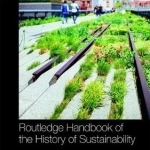
Routledge Handbook of the History of Sustainability
Book
The Routledge Handbook of the History of Sustainability is a far-reaching survey of the deep and...
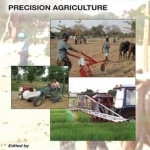
Soil-Specific Farming: Precision Agriculture
Book
Faced with challenges of resource scarcity and environmental degradation, it is important to adopt...

Sustainability
Thomas Pfister, Martin Schweighofer and Andre Reichel
Book
Sustainability as a reference frame for dealing with the interconnection of environmental, economic...
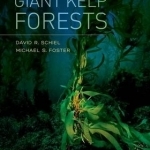
The Biology and Ecology of Giant Kelp Forests
Michael S. Foster and David R. Schiel
Book
This is the largest seaweed, giant kelp (Macrocystis) is the fastest growing and most prolific of...

The Birds of the Iberian Peninsula
Eduardo de Juana and Ernest Garcia
Book
The Iberian Peninsula is one of Europe's most ornithologically varied regions offering a host of...